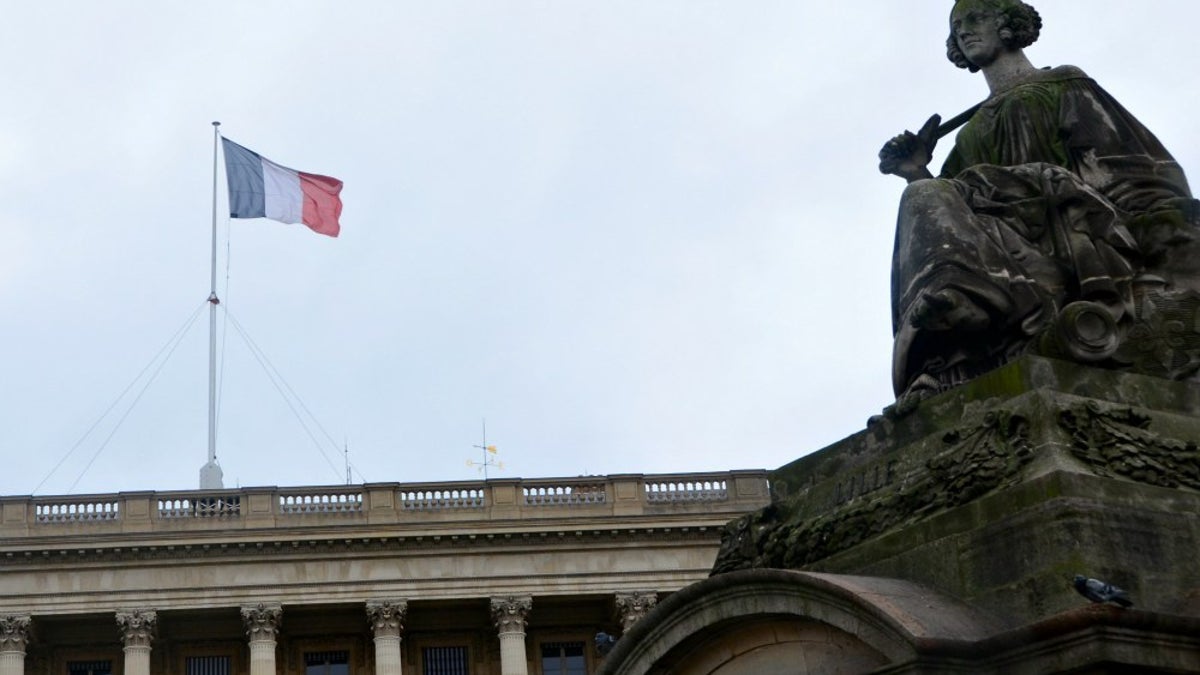France sees first conviction under new antipiracy law
A man is ordered to pay fine for failing to secure his Internet connection, which was used to pirate copyrighted songs. Hey, what happened to the U.S. version of graduated response?

France has assessed its first fine under the antipiracy law known as Hadopi.
Alain Prevost must pay the equivalent of $194 after being found liable for failing to secure his Internet connection and for ignoring warnings that the connection was being used to illegally download copyrighted content, according to a report in Ars Technica.
Prevost is the first person convicted under the "law promoting the distribution and protection of creative works on the internet." But he may not be the last. There are 13 other cases scheduled waiting to be tried. This is the French version of the U.S. "graduated" response program but unlike in the United States, it has the force of law behind it.
Hadopi is an acronym used by the government agency tasked with enforcing the law.
The law is unpopular with those who advocate in France for tech companies and Internet users. Initially, they predicted that those convicted would lose permanent access to the Internet. That didn't happen in this case and it was noted by supporters of copyright owners.
"Since it began operations, HADOPI has identified 3 million IP addresses connected with downloading infringing works," wrote Terry Hart of the blog Copyhype. "Of those, it sent out 1.15 million initial warnings. 102,854 users received a second warning. Of these, 340 received a third warning. Thirty of these cases resulted in repeated infringement after a third warning and were reviewed by a commission within HADOPI, though only 14 of those 30 have been referred to a court for judicial review.
"What's interesting here," Hart continued, "is how substantially the picture that emerges from these figures differs from the apocalypse predicted by copyright skeptics when the law was first introduced."
The law was heavily supported by former president Nicolas Sarkozy, whose wife is a popular recording artist. But the government of Francois Hollande, who replaced Sarkozy as president, has indicated that Hadopi may get shut down.
Back in the United States, copyright owners have favored a different flavor of graduated response. There is no government enforcement and no fines. Instead, the music and film sectors have lobbied Internet service providers such as AT&T and Comcast to help discourage piracy. Under the U.S. graduated response plan, some of the country's top ISPs have agreed to send warning letters to alleged pirates and gradually ratchet up pressure. The ISPs could eventually elect to suspend Internet service for the worst offenders.
But ISPs in the United States have yet to seriously implement graduated response more than a year after announcing that they signed on. While the trade groups for the entertainment industries have said the delays are due to the many preparations that must be made, there are suspicions that the holdup is due to theshift in political winds after the January defeat of the antipiracy bill known as the Stop Online Piracy Act.
The tech industry organized online and offline demonstrations and was able to chase away support for the bill (to the digital barricades!). It was stunning show of force by techies and defeat of the bill may have shown the ISPs that they backed the wrong horse in the antipiracy fight.
The truth is that the top ISPs have never appeared enthusiastic about becoming copyright cops. In 2009, a couple of execs from two of the largest ISPs told me they doubted whether ISPs were the right group to set up these kinds of file-sharing roadblocks. The ISPs know that it could bring expensive and distracting litigation and potentially alienate large numbers of customers. Nearly all the majors have absolutely refused to permanently kick people off their networks. And remember, it has been four years the Recording Industry Association of America announced it had stopped suing individuals for piracy in favor of a plan that enlisted the help of the top ISPs. What help was that again?
The irony is a year ago, many in the copyright area believed France would show the United States how to battle piracy. As it turns out, it is the U.S. tech industry may have provided the blueprint for France to scuttle antipiracy initiatives.

